Solar energy is not just a part of our sustainability journey; it’s a global powerhouse driving significant economic growth. Its exponential rise in recent years marks a transformative shift in the worldwide energy landscape, showcasing its potential to spur innovation and bolster financial stability.
Beyond its role in the energy sector, solar power is crucial in job markets and local economies. Digging deeper, we uncover how solar energy is indispensable in moving towards greener living.
Solar power catalyzes economic growth, offering new avenues for job creation, innovation, and financial savings. Understanding its economic contributions allows us to grasp its profound impact on our communities and the broader economy. In this article, we explore six critical areas where solar energy is reshaping our economic landscape:
The solar industry is not just growing; it’s booming, and it’s creating jobs at an unprecedented rate. In the United States alone, the solar workforce has expanded by a staggering 167% over the past decade, outpacing national job growth rates fivefold. This surge spans a wide range of professions, from engineering and manufacturing to sales and distribution, highlighting the industry’s diverse nature. This employment boom not only boosts local economies but also nurtures a skilled workforce ready to tackle the challenges of tomorrow’s energy landscape.
Solar Energy in Emergencies and Disaster Recovery: Solar power isn’t just about daily electricity; it’s an essential asset during emergencies and natural disasters. Solar panels provide a reliable power source when traditional grids fail, aiding immediate relief efforts and ensuring long-term stability. This resilience is evident in essential facilities like hospitals and emergency response units, highlighting solar energy’s role in economic resilience. Investing in solar energy infrastructure empowers communities to fortify themselves against future disasters, reducing vulnerability and ensuring financial stability. Solar power provides a reliable energy source, mitigating economic losses during crises and paving the way for sustainable growth.
The Role of Net Metering in Energy Independence: Net metering programs are vital in transitioning towards a sustainable energy landscape. These programs empower individuals and businesses to attain energy independence by allowing them to sell surplus solar power back to the grid, effectively diminishing dependence on conventional energy sources. This financial incentive drives solar adoption while enhancing grid resilience. Moreover, net metering empowers individuals to take control of their energy consumption and costs, further contributing to economic stability at the household level.
Adopting solar energy Is Not Just an environmental choice; it’s a smart financial decision. The long-term economic benefits of solar panel installation far outweigh the initial costs, leading to significant reductions in electricity bills. Government incentives sweeten the deal, making solar energy a financially viable option for more people. In a time of rising energy costs, embracing solar power acts as a robust defense against future price surges, ensuring greater financial stability for households and businesses. Moreover, investing in solar energy supports sustainability goals, paving the way for a cleaner, greener future.
Incentivizing Solar Adoption through Financial Support: Governments worldwide champion solar energy through various incentives, from tax credits to subsidies. These measures reduce financial barriers, driving solar adoption, stimulating job creation, and fostering innovation in the renewable sector. By leveraging these economic incentives, communities can accelerate their transition to clean, renewable energy sources, paving the way for a more sustainable and resilient future. Moreover, these incentives signal a commitment to addressing climate change and promoting environmental sustainability, positioning solar energy as a cornerstone of economic and environmental policy in the years to come.
Solar Energy and Energy Security: Solar energy stands as a beacon of energy security, reshaping the landscape by diversifying energy sources and diminishing reliance on imported fuels. Its abundance and domestic availability contrast sharply with the finite nature of fossil fuels, shielding nations from supply disruptions and volatile price fluctuations. Investing in solar infrastructure fosters energy independence and bolsters economic resilience, curbing trade deficits and fortifying nations against geopolitical uncertainties. With solar power at the helm, countries pave the way for a sustainable future built on self-reliance and economic stability.
The undeniable global economic impact of solar energy is profound and multifaceted. As the worldwide adoption of renewable energy accelerates, solar power emerges as a dominant force propelling economic growth and driving innovation. Its transformative influence extends beyond traditional energy sectors, creating new job opportunities, stimulating investment, and fostering technological advancement. Solar energy stands poised to revolutionize industries and drive sustainable progress, making it a key player in shaping the future economic landscape.
As we uncover the potential of solar energy, it’s evident that adopting it isn’t just about cutting energy costs; it’s about fueling economic growth and fostering job creation. At Tampa Bay Solar, we proudly lead this solar revolution. So, let’s unite and embrace solar energy, paving the way for a brighter, more sustainable future for our community and beyond.
Are you ready to make the switch? We’re here to answer your questions, help you understand your potential savings with solar and ensure the installation process is as smooth as possible. Reach out to Tampa Bay Solar to get started today.





